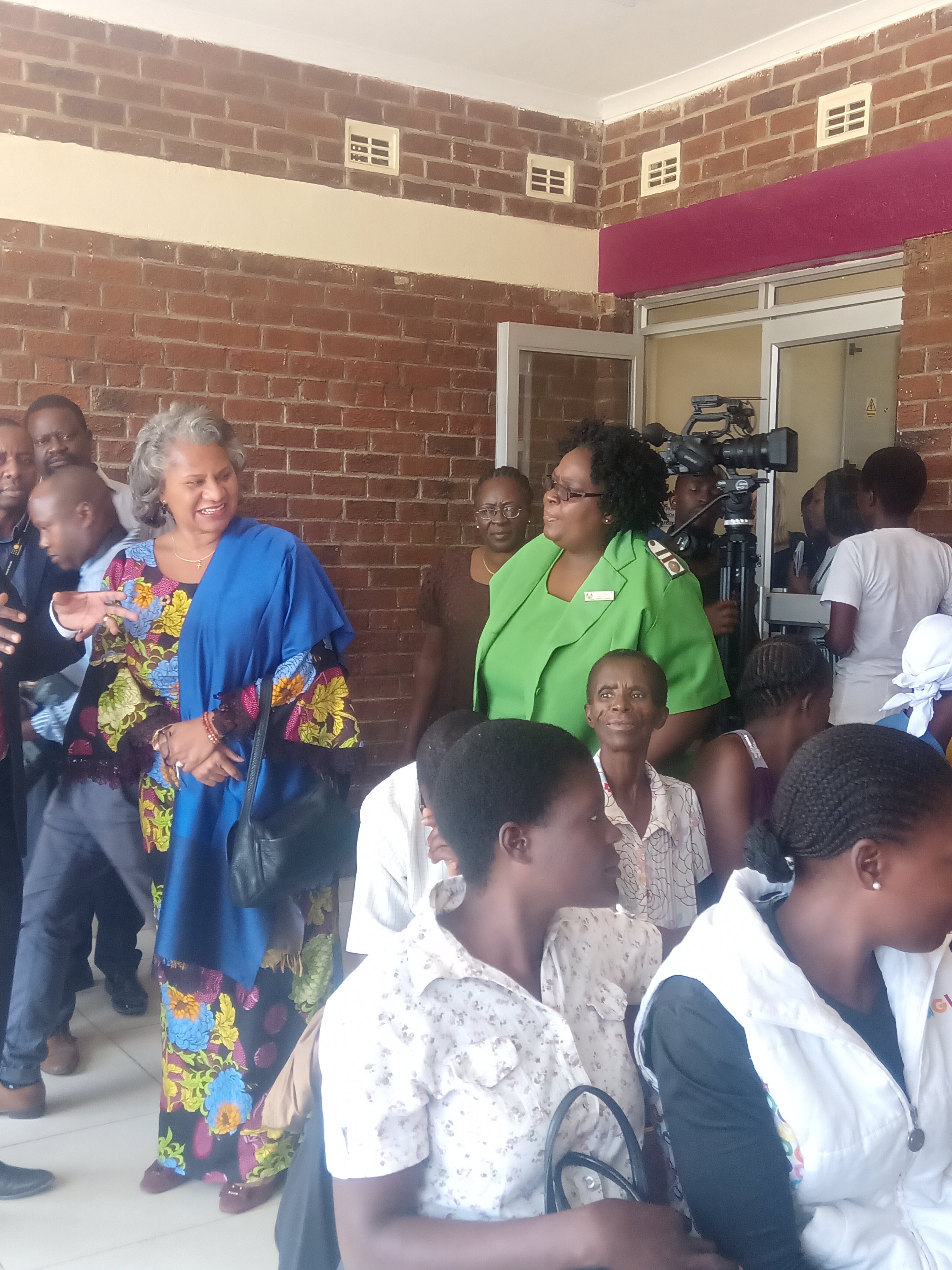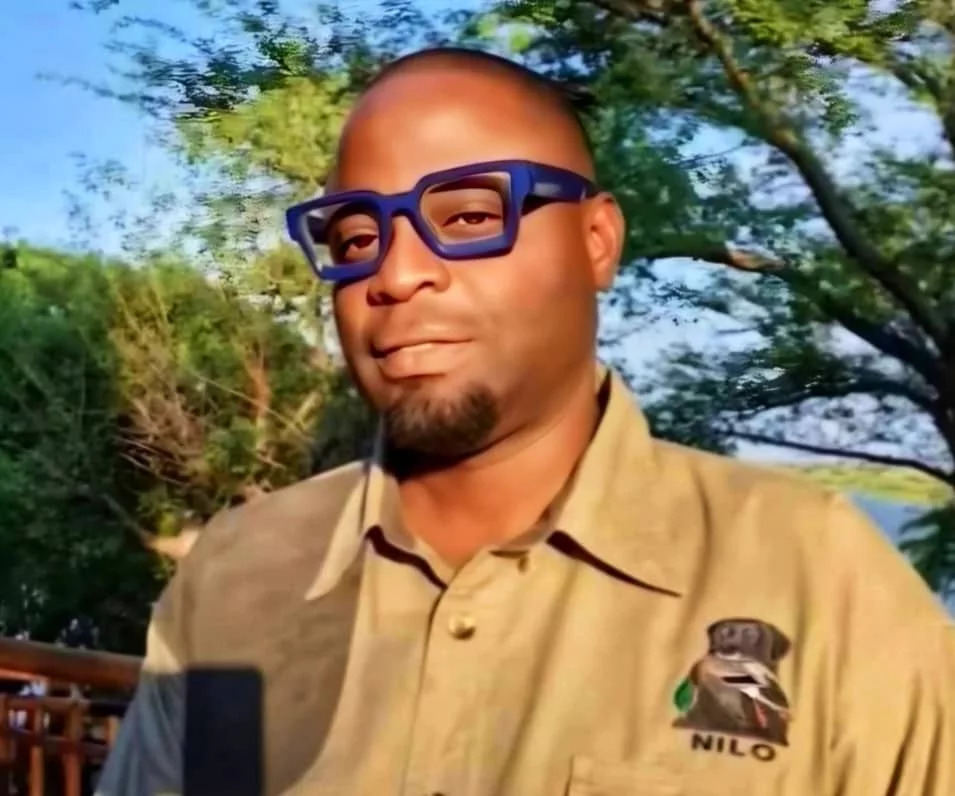The United Nations Population Fund (UNFPA) regional director Dr. Julitta Onabanjo who is on a mission in Zimbabwe after attending the African Regional Summit on Sustainable Development Goals in Victoria Falls has reiterated the UN agency’s commitment towards providing comprehensive sexual and reproductive health and rights services (SRHR) in the country.
The UN Senior Official made the remarks during her visit to Tariro Youth Centre and Clinic in Hopley as part of her mission. The centre was constructed through a partnership involving UNFPA, the International Labour Organisation (ILO), City of Harare and a private cement company, LaFarge.
“I applaud the efforts being done to provide comprehensive SRHR services in Zimbabwe. I would like to commend the United Bulawayo Hospital (UBH) for its great work towards bringing together SRHR services at one place. As UNFPA, we strive to provide access to information, and comprehensive sexuality education for girls and young women so as to fight teen pregnancy that takes back one’s personal growth.
“As witnessed by some young girls with own children here, it signals that the prevalence of teen pregnancy is high. There is need to sustain the Tariro Youth Centre for it to meet all the SRHR needs of young people,” Dr. Onabanjo said.
Dr. Esther Muia, the UNFPA Zimbabwe Representative said the visit by the regional director was opportune in that it brought the UN official on the ground to experience the challenges faced by the young people and raised hopes for a brighter future. She reiterated the need to sustain the centre to meet the needs of young people by maintaining stakeholder collaborations.
The District Medical Officer for City of Harare, Dr. Collen Nyatsambo hailed the UNFPA and its partners for extricating the city from offering SRHR services in a farmhouse to the more convenient Tariro Youth Centre and Clinic in Hopley. He promised to re-engineer the city’s processes to integrates its services.
Mr. Walter Chikanya, the Director of the Zimbabwe Community Health Intervention Research (ZiCHIRe) Project appealed for more resources to support community programmes as part of community systems strengthening.
“Community structures are the backbone of health systems. Therefore, our programmes like Sista2Sista, parent-to-child-communication, comprehensive sexuality education and gender-sensitive programmes like Spotlight are critical in building community resilience. With a heavily burdened health system and scarce resources, it becomes critical for donors and development partners like UNFPA to come in and close the gaps,” Chikanya said.
He said the visit by the UNFPA regional director brings to light the challenges that the communities face. In that regard, Dr. Onabanjo will be a voice to advocate for continued support and increment of resources to be channelled towards SRHR programmes.
ZiCHIRe is providing women empowerment programmes such as Sista2Sista and Spotlight initiatives that identify, track and report GBV in the community. It is also offering youths some life skills through Sista2Sista in collaboration with ILO, UNFPA and Lafarge.






